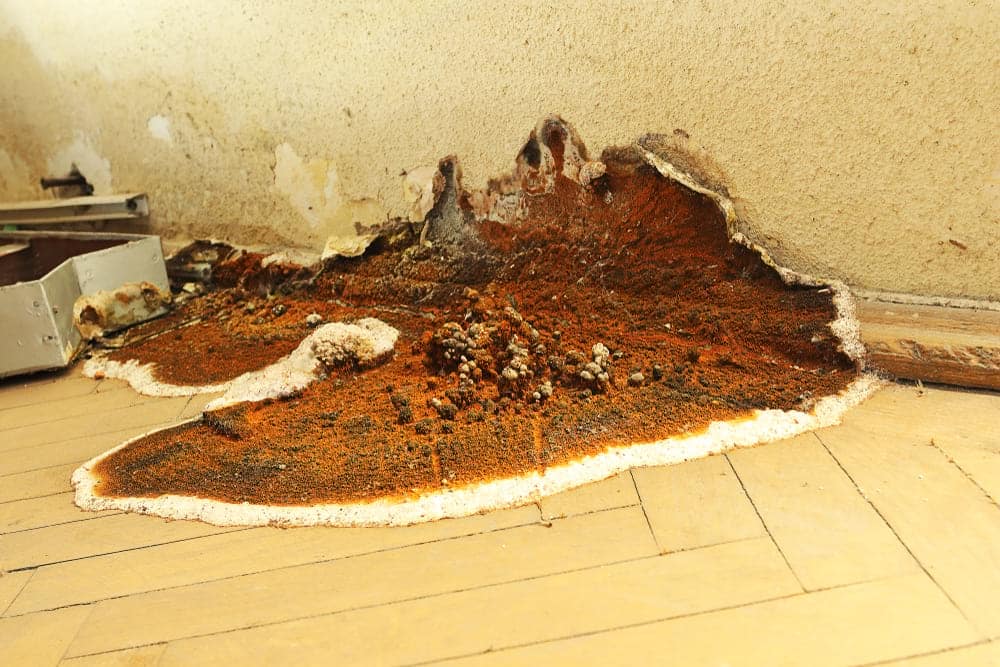Empty properties are not automatically exempt from council tax.
However, in some cases they can be.
Let’s explore what these cases are and why.
What is council tax?
Council tax is tax property owners are charged by the council for a range of local services.
These services include:
- Rubbish collection
- Roadworks
- Social services
- Emergency services (police, fire services, etc.)
And much more.
Each property in the UK is assigned a council tax valuation band by Valuation Office Agency (VOA). This determines how much residents of each council district pay.
Council tax payments are typically split into 10 monthly installments.
When is a property exempt from council tax?
Exemptions for council tax apply under certain conditions.
These might vary between council tax districts. They might also be for a fixed period, such as six months, or indefinitely.
Examples of reasons for exemptions include:
- Properties where all occupants are aged under 18
- A property which is occupied only by people with severe mental or physical impairments
- Condemned properties (i.e., ones that have been officially declared unsafe to live in)
And of course, empty properties in some circumstances – which we have highlighted below.
When is an empty property exempt from council tax?
1. Landlords with tenants still under contract
If you are a landlord with an empty property, the liability for council tax on your property depends on whether the latest tenancy agreement is still valid.
If it is, your tenants must still pay council tax. If not, your are responsible for paying it.
2. Unlivable properties
When properties need major structural repairs, councils can categorise them as unlivable.
This might occur for several reasons, including:
- Structural damage and repairs
- Extensive renovations
- Squatters in the property
- Pest infestations.
3. Prison
Prisoners don’t pay council tax on their homes whilst they are in prison.
However, if they lived with someone in the said property, that person would receive a discounted council tax rate.
4. Deceased owners
Properties acquired through inheritance are not liable for council tax until probate.
Many councils offer six months’ grace after probate if the property stays unoccupied.
5. In care or providing care
If the property occupants are no longer capable of living there due to ill health, no council tax will be due.
And if a property owner is providing care for someone else, they are also exempt from paying council tax on their empty property.
The importance of notifying councils
In most of the above circumstances, the homeowner (or someone legally representing them) must notify the local council.
They will assess cases to ensure the homeowner gets the proper exemption or reduced rates.



















